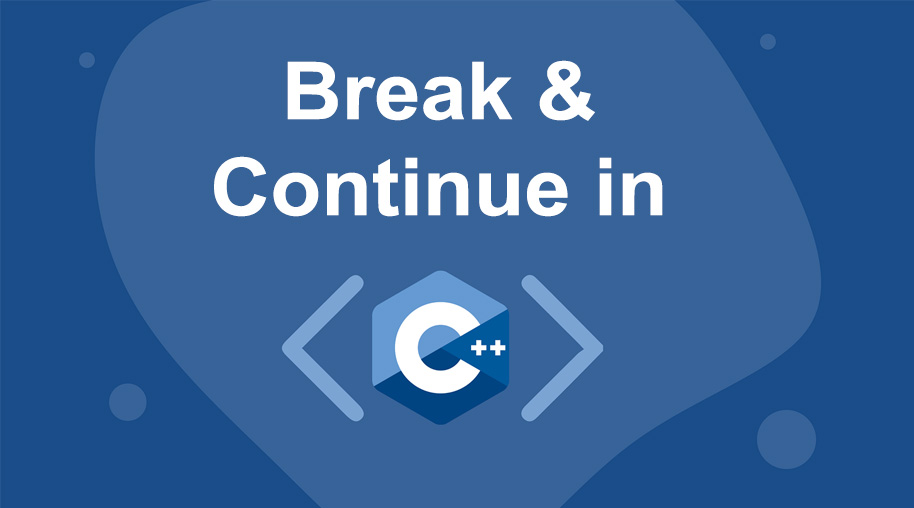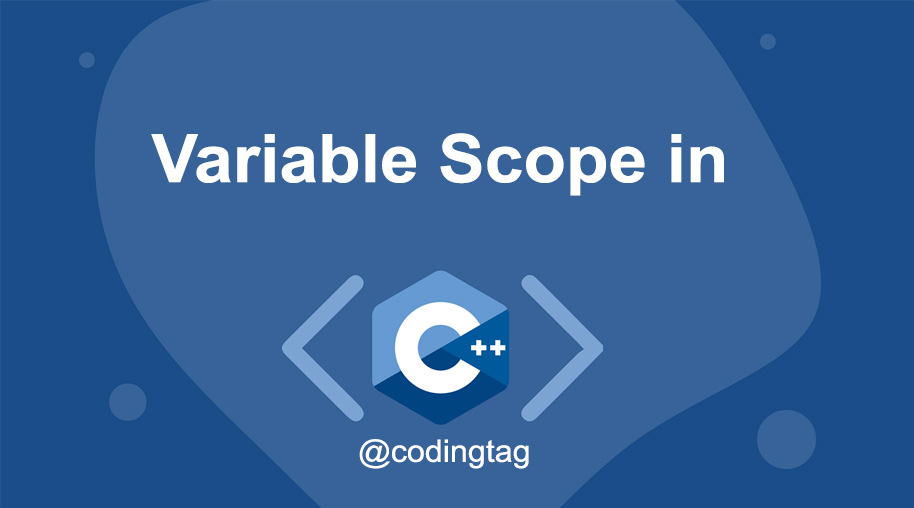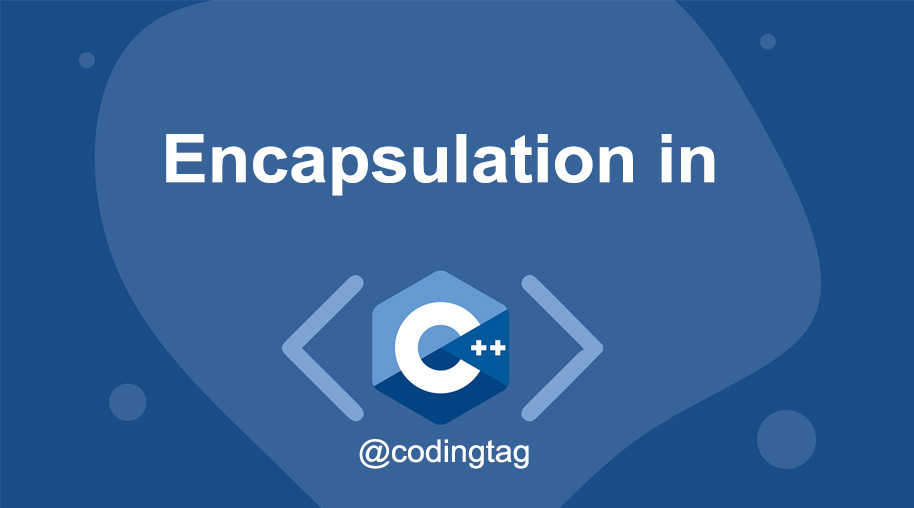Stacks in C++
0 1099
What is a Stack in C++?
A stack is a data structure that follows the Last In First Out (LIFO) principle. It means that the last element added to the stack will be the first one to be removed. Stacks are commonly used in programming for tasks such as managing function calls, reversing strings, and undo operations.Syntax for Using a Stack in C++
The C++ Standard Library provides a stack container class that can be used to implement stacks. The syntax to declare a stack is as follows:#include <stack>
stack<type> stackName;type represents the data type of the elements (such as int, float, etc.), and stackName is the name of the stack.
Including the Stack Header File
To use the stack class in C++, you need to include thestack header file:
#include <stack>How to Use a Stack in C++
Here is an example of how to declare and use a stack in C++:#include <iostream>
#include <stack>
using namespace std;
int main() {
stack<int> myStack;
myStack.push(10);
myStack.push(20);
myStack.push(30);
cout << "Top element: " << myStack.top() << endl;
myStack.pop();
cout << "After popping, top element: " << myStack.top() << endl;
return 0;
}push() method. It then prints the top element of the stack, removes it using pop(), and shows the new top element.
Common Stack Functions in C++
Here are some common functions used with stacks in C++:push(): Adds an element to the top of the stack.pop(): Removes the top element from the stack.top(): Returns the top element of the stack without removing it.empty(): Checks if the stack is empty. Returnstrueif the stack is empty, andfalseotherwise.size(): Returns the number of elements in the stack.
Advantages of Using Stacks
Stacks provide several benefits in programming:- Efficient Last In, First Out Operations: Stacks allow fast and efficient operations for adding and removing elements, both occurring at the top of the stack.
- Memory Efficiency: Since elements are only added or removed from one end (the top), memory management is optimized and avoids shifting elements like in arrays.
- Simple and Straightforward: Stacks are simple to use and implement, and their behavior is intuitive for many common problems, such as undo functionality or evaluating expressions.
Disadvantages of Using Stacks
While stacks have their advantages, they also come with some limitations:- Limited Access to Elements: Since stacks only allow access to the top element, there’s no way to directly access other elements in the stack without removing them.
- Fixed Operation Types: Stacks are very specialized for LIFO operations. If you need more flexibility (like random access or a variety of operations), other data structures may be more suitable.
Applications of Stacks in C++
Stacks are widely used in various algorithms and real-world applications, including:- Function Call Management: Stacks are used to manage function calls and return addresses in most programming languages, including C++.
- Expression Evaluation: Stacks are often used in algorithms that evaluate arithmetic expressions or parse expressions in infix, prefix, or postfix notation.
- Undo Operations: Stacks can be used in software applications for implementing undo functionality, where the most recent action is undone first.
Conclusion
Stacks are a fundamental data structure in C++ and are particularly useful for managing elements in a Last In, First Out (LIFO) manner. They provide efficient operations for adding, removing, and inspecting elements at the top of the stack. Understanding stacks is crucial for implementing algorithms like expression evaluation, managing function calls, and supporting undo/redo functionality in applications.If you’re passionate about building a successful blogging website, check out this helpful guide at Coding Tag – How to Start a Successful Blog. It offers practical steps and expert tips to kickstart your blogging journey!
For dedicated UPSC exam preparation, we highly recommend visiting www.iasmania.com. It offers well-structured resources, current affairs, and subject-wise notes tailored specifically for aspirants. Start your journey today!

Share:








Comments
Waiting for your comments